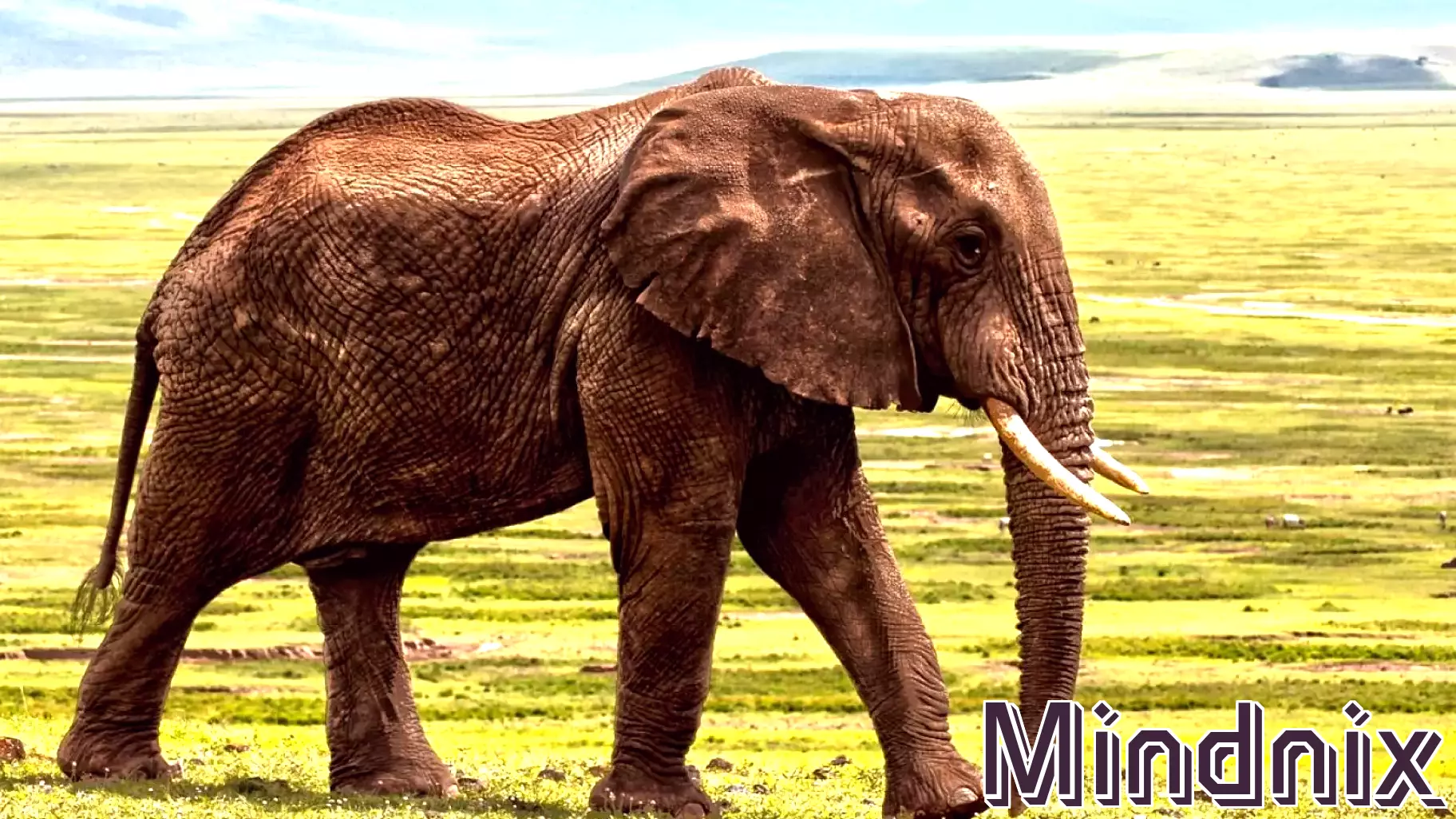Exploring Animal Perspectives on Death: Insights into Their Cognitive Processes
December 4, 2024 - 13:38

Studying how nonhuman animals perceive death offers significant insights into their cognitive functions. Research indicates that many species exhibit behaviors and responses that suggest a complex understanding of mortality. For instance, elephants have been observed mourning their deceased companions, displaying behaviors such as touching bones and remaining silent in their presence. This suggests a level of emotional awareness and social bonding that parallels human grief.
Similarly, some primates demonstrate reactions to death that indicate a recognition of loss. Observations of chimpanzees and other primates show that they may exhibit signs of distress or altered behavior when a member of their group passes away. These findings challenge the traditional view that the understanding of death is solely a human trait.
Furthermore, studies on birds, particularly corvids, reveal that these animals engage in behaviors that imply an awareness of death, such as covering deceased individuals with leaves. Such actions indicate a cognitive complexity that warrants further exploration. Overall, examining how various species confront mortality enhances our understanding of animal minds and their emotional landscapes.
MORE NEWS

March 5, 2026 - 05:13
CSU psychology professor receives SIOP Early Career AwardKeaton Fletcher, an assistant professor of psychology at Colorado State University, has been recognized with the prestigious Early Career Award from the Society for Industrial and Organizational...

March 4, 2026 - 04:32
Responding to a Partner’s Neurodivergence With UnderstandingNavigating a relationship where one partner is neurodivergent and the other is neurotypical presents unique opportunities for growth, but also requires specific understanding. Success hinges on...

March 3, 2026 - 16:28
Entitled and exploitative people are more likely to treat others as objects, study findsA new psychological study has pinpointed the specific personality traits that drive individuals to objectify others, reducing them to mere tools for personal gain. The research identifies a strong...

March 2, 2026 - 02:55
Understanding the Silent Struggle: Why Men's Mental Health Needs AttentionThe societal expectation for men to be stoic and unemotional is increasingly recognized as a damaging norm that contributes significantly to mental health struggles. By internalizing feelings, many...